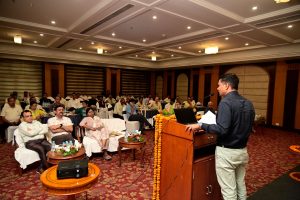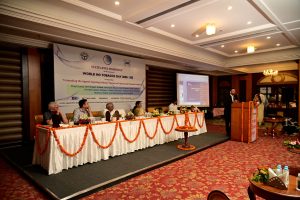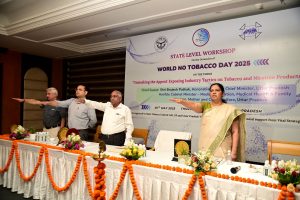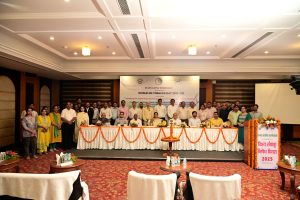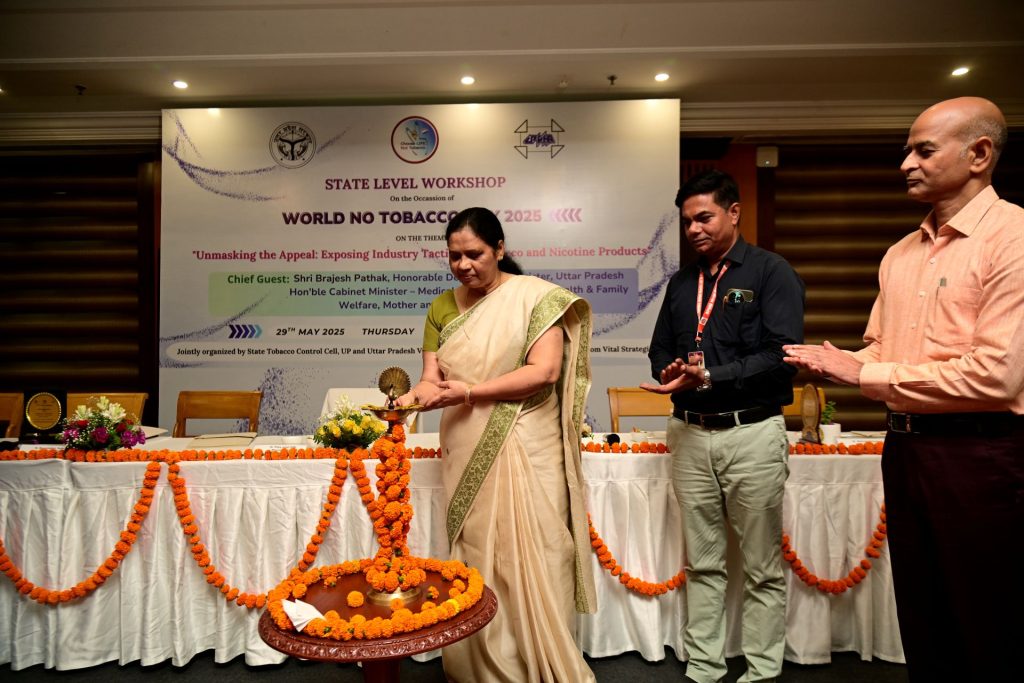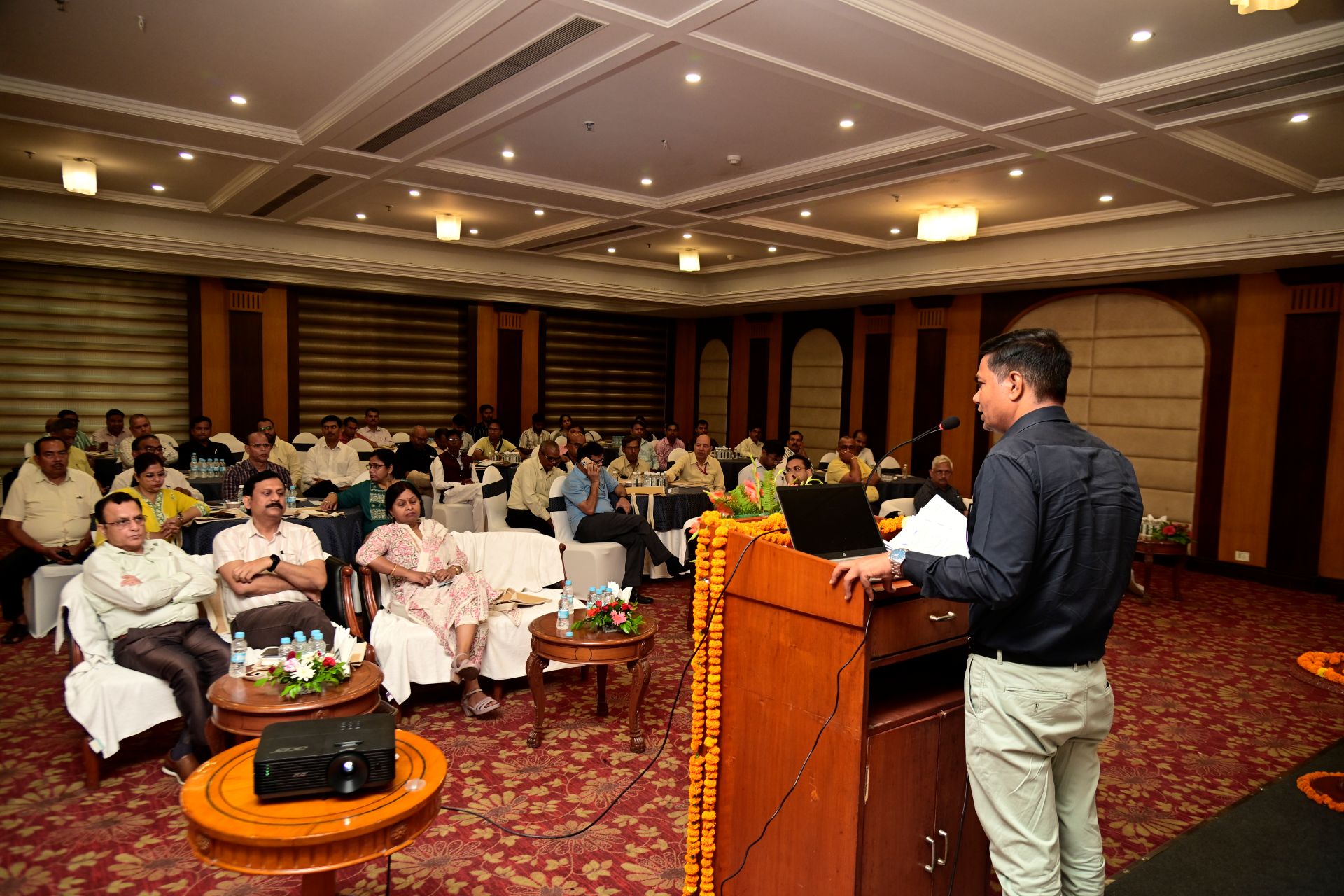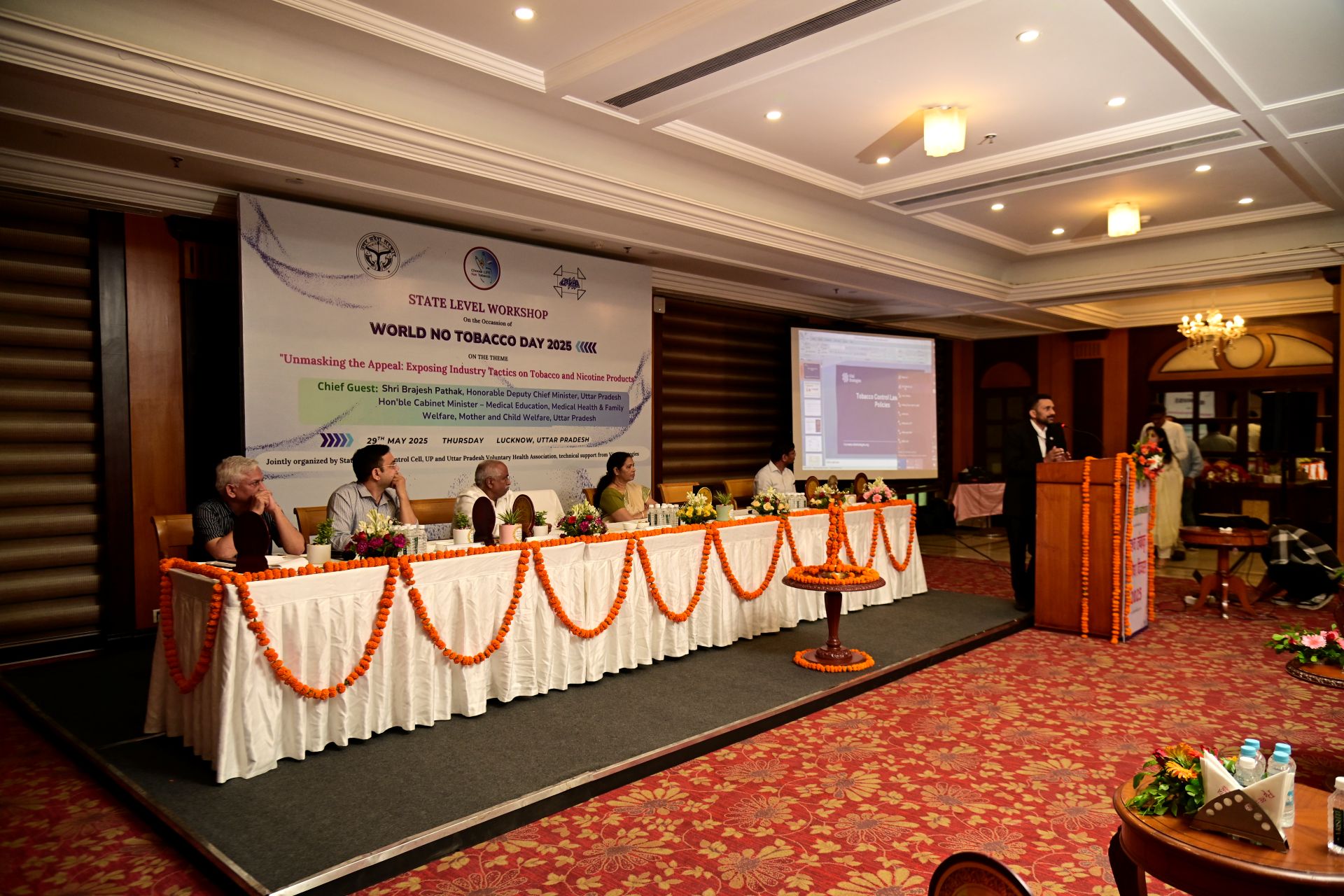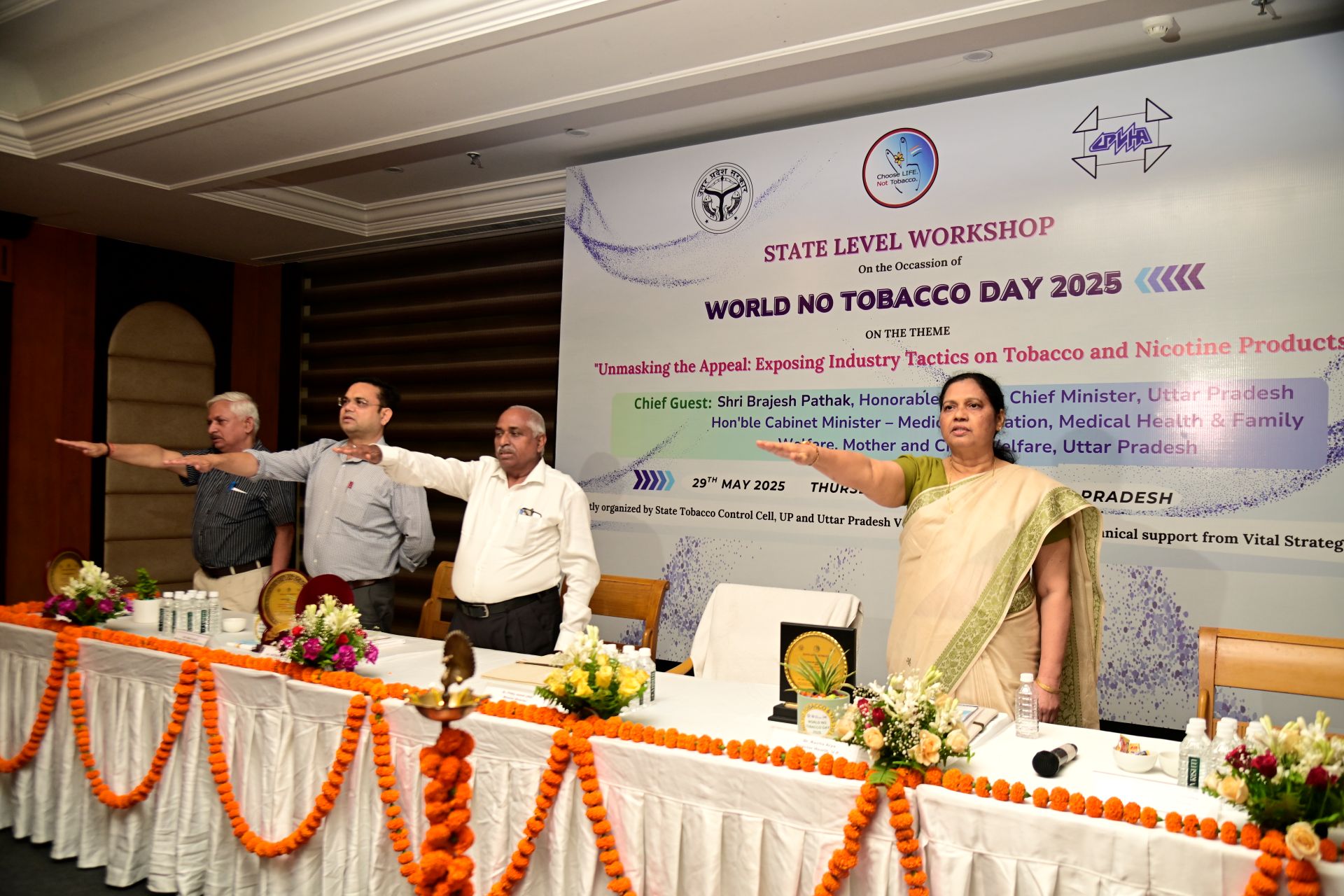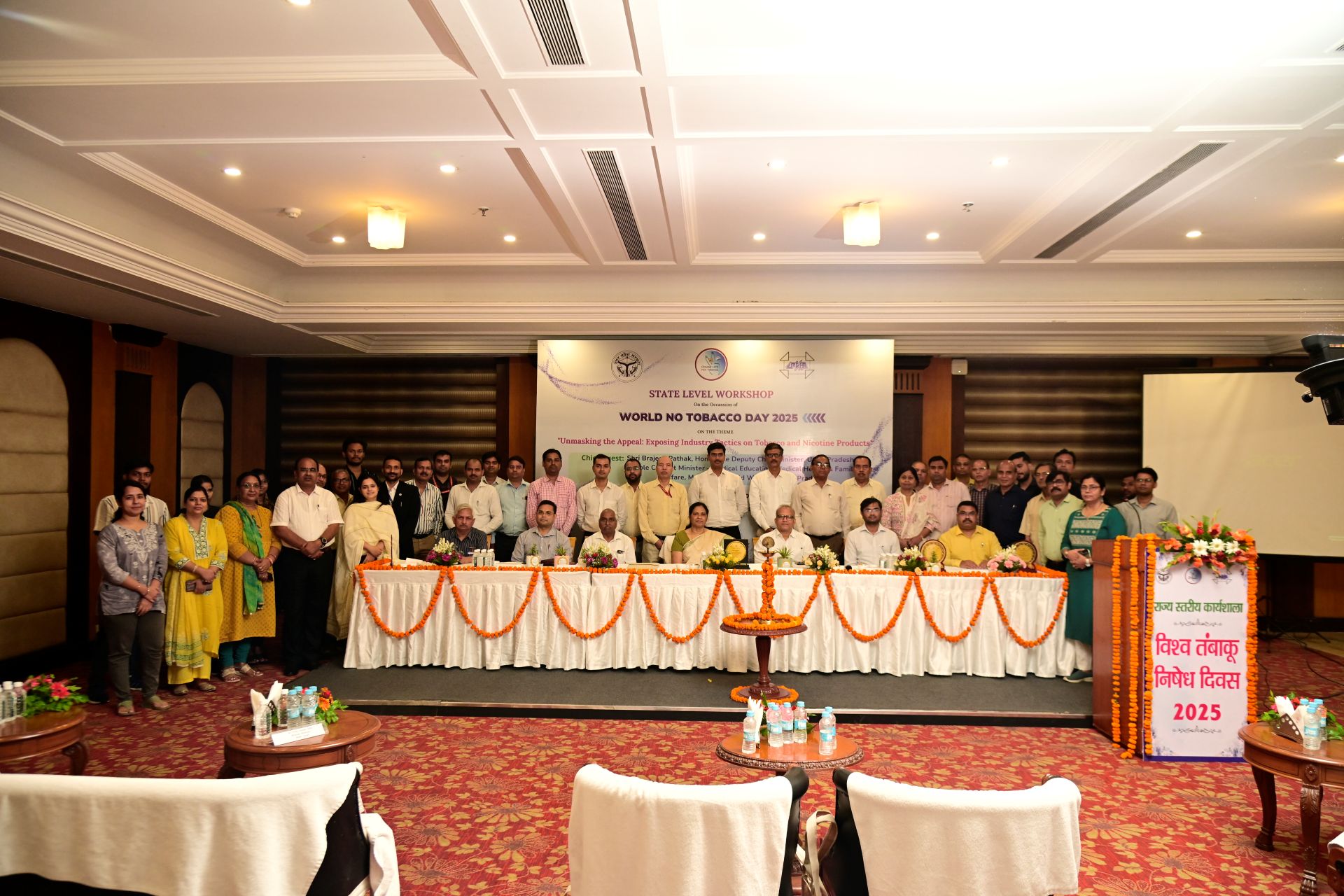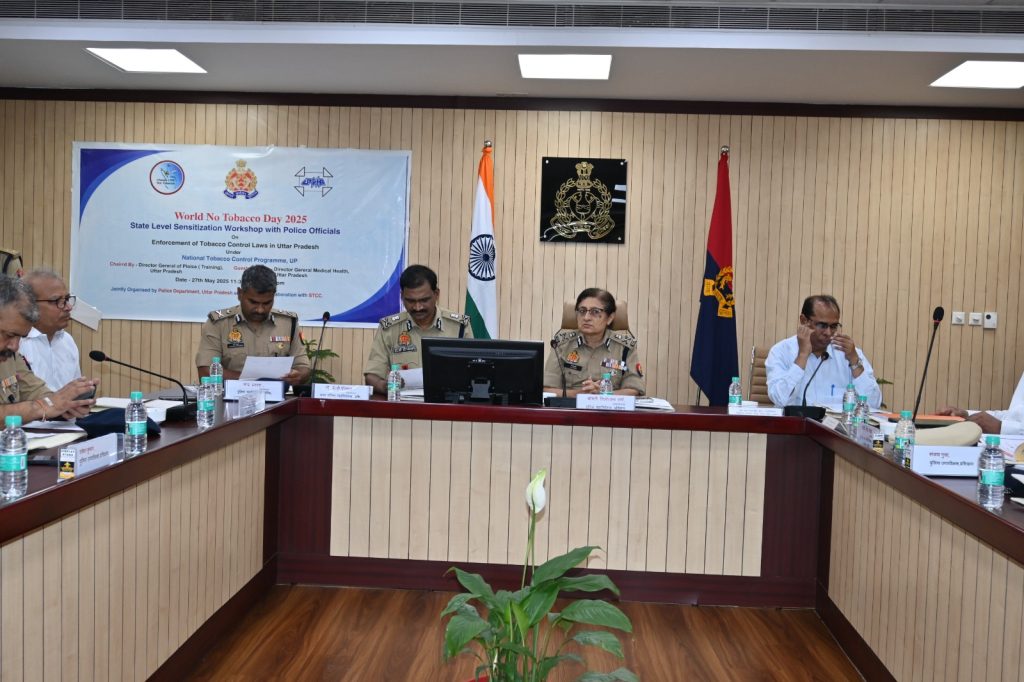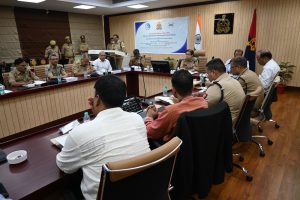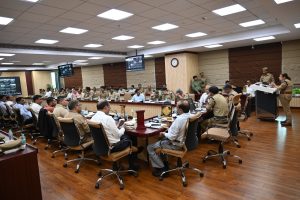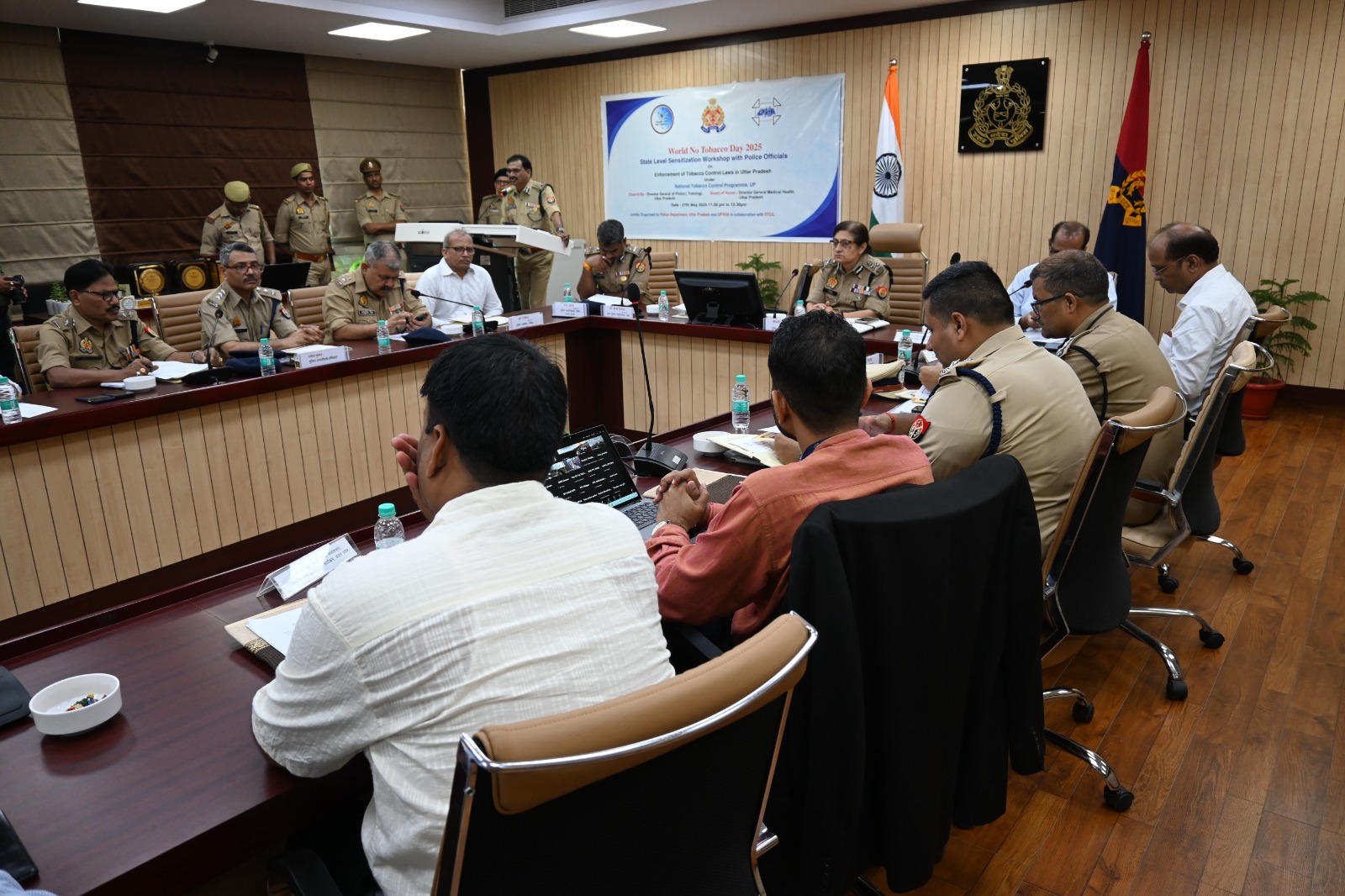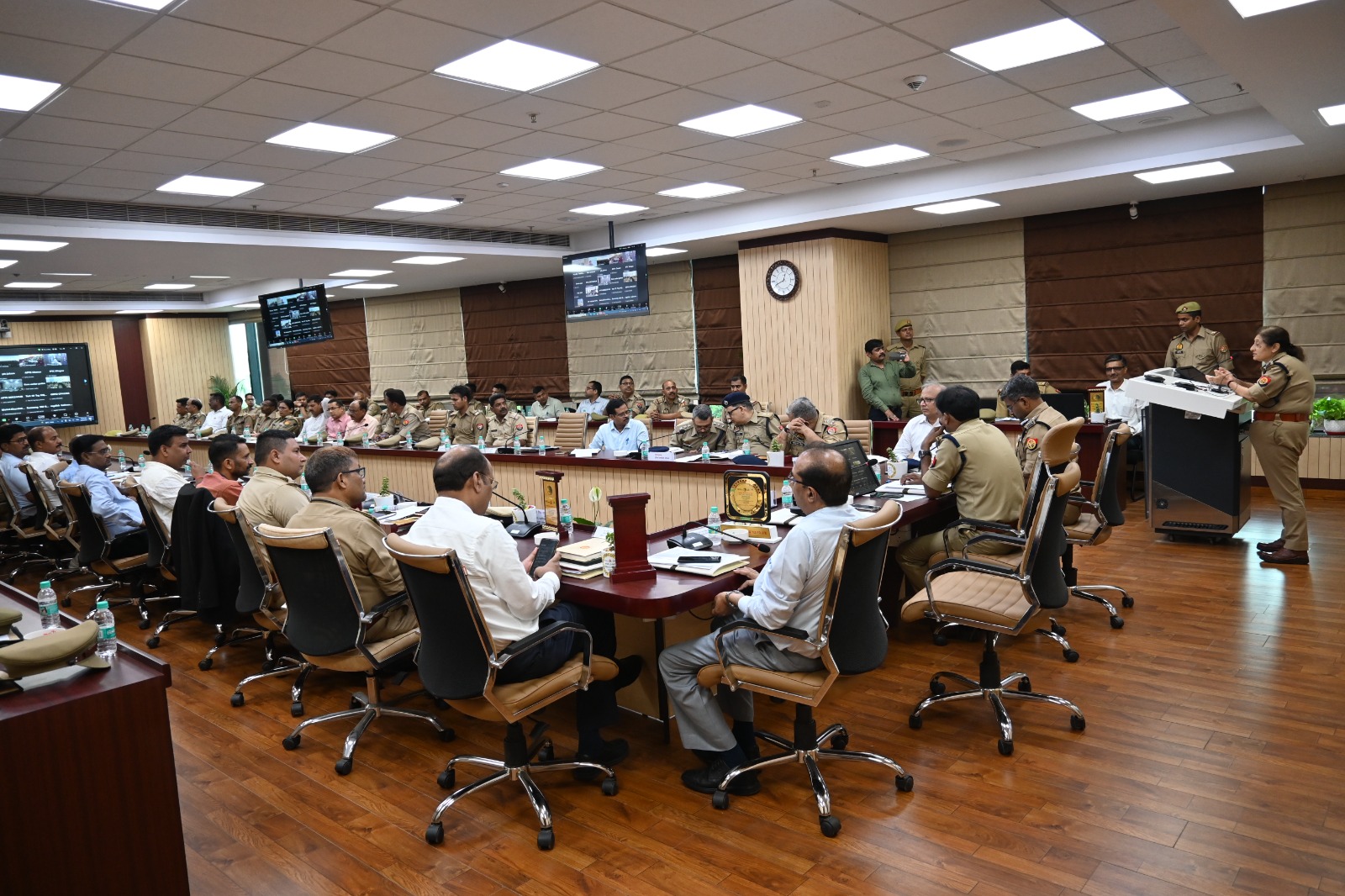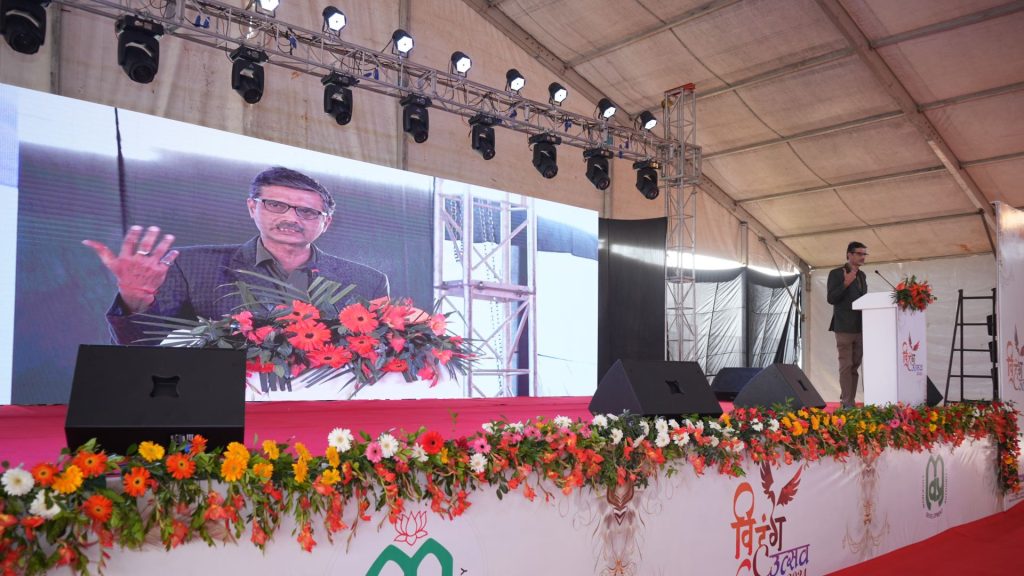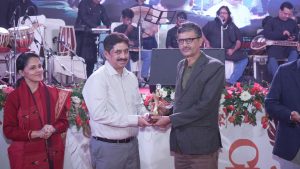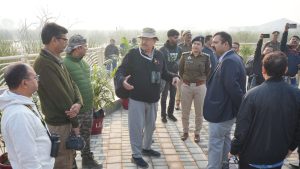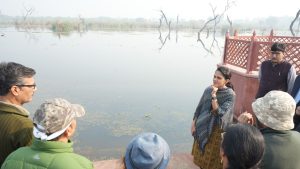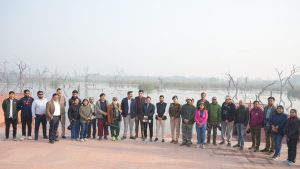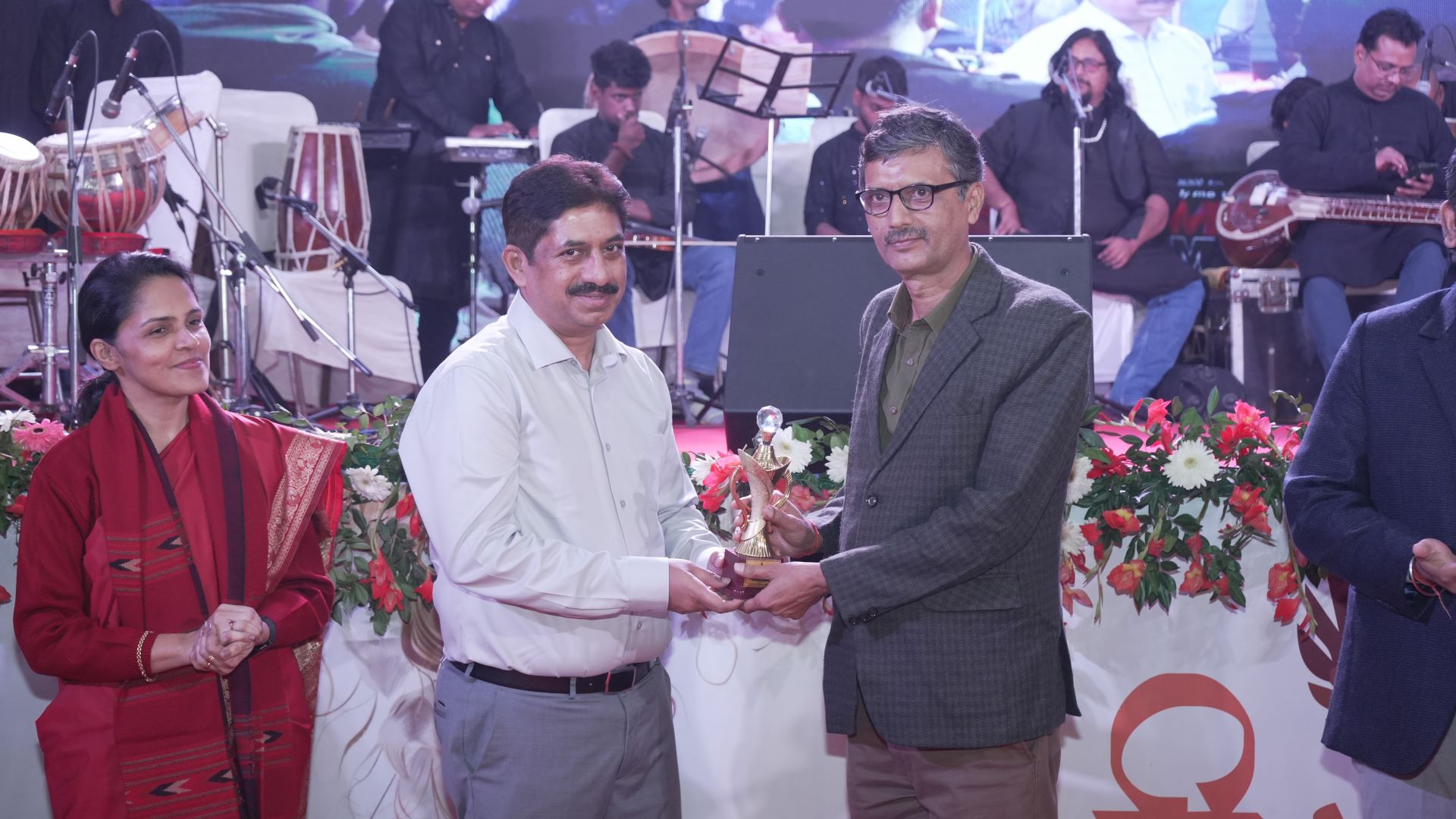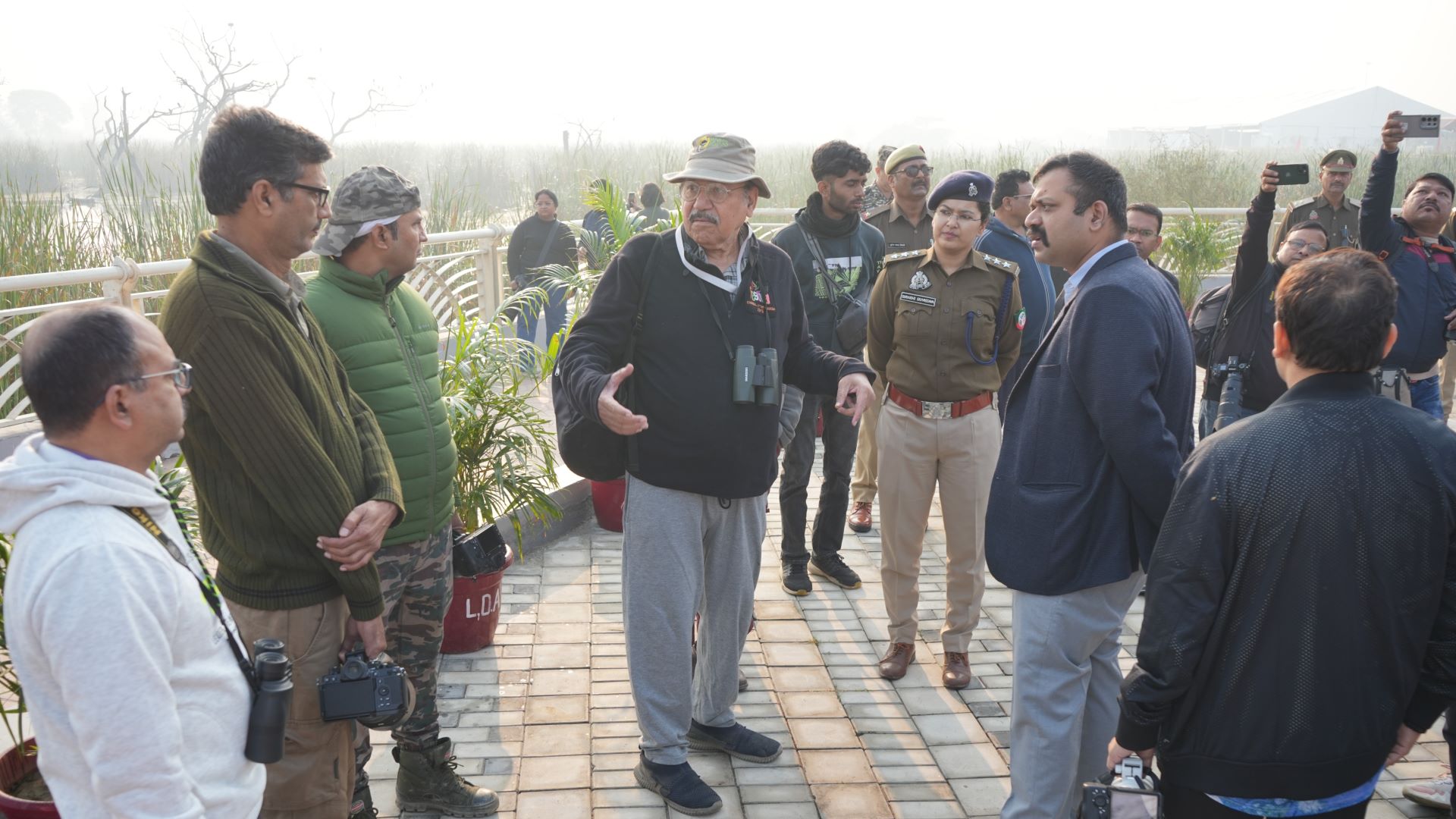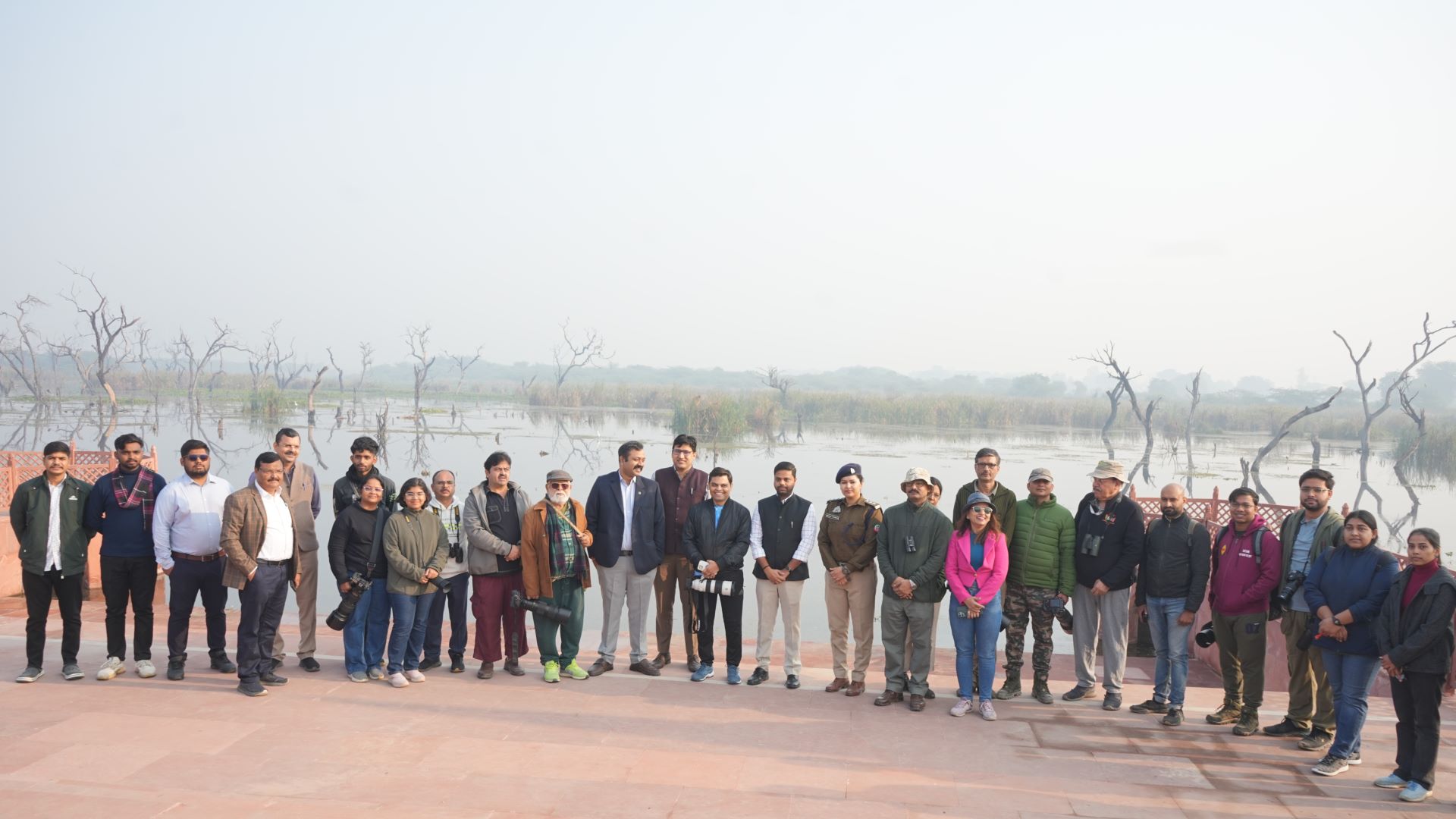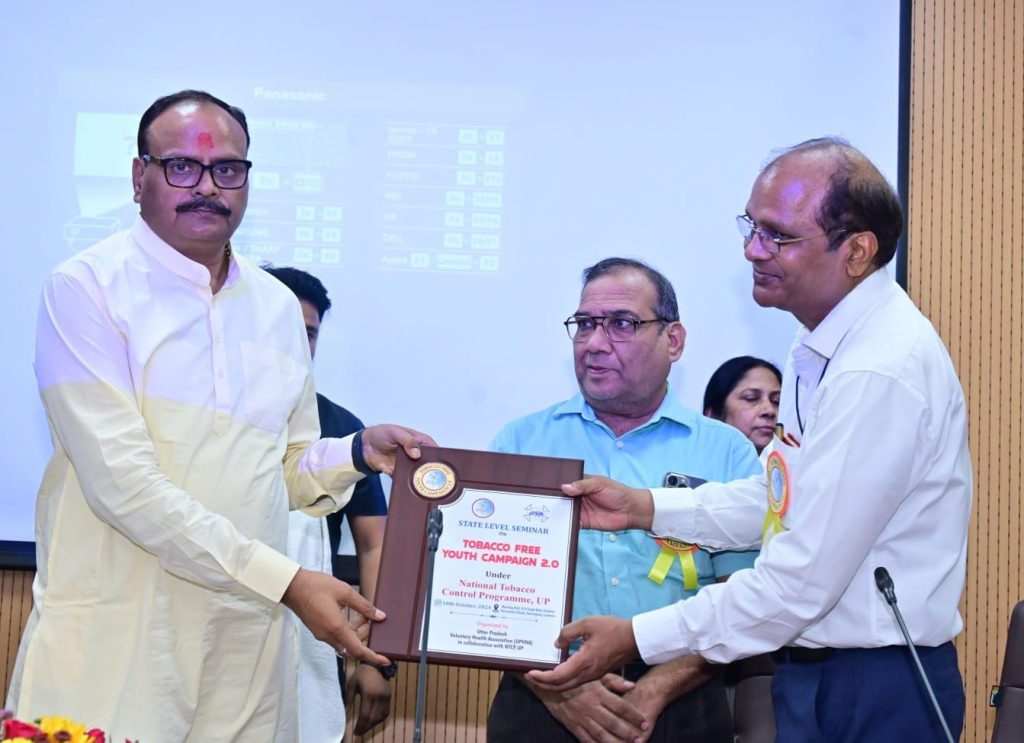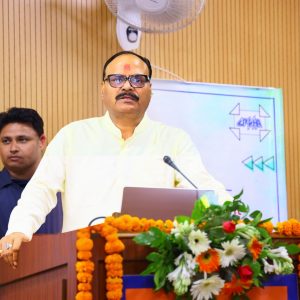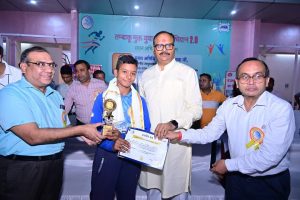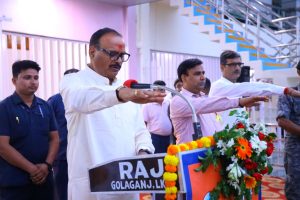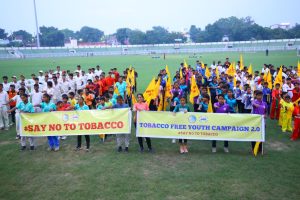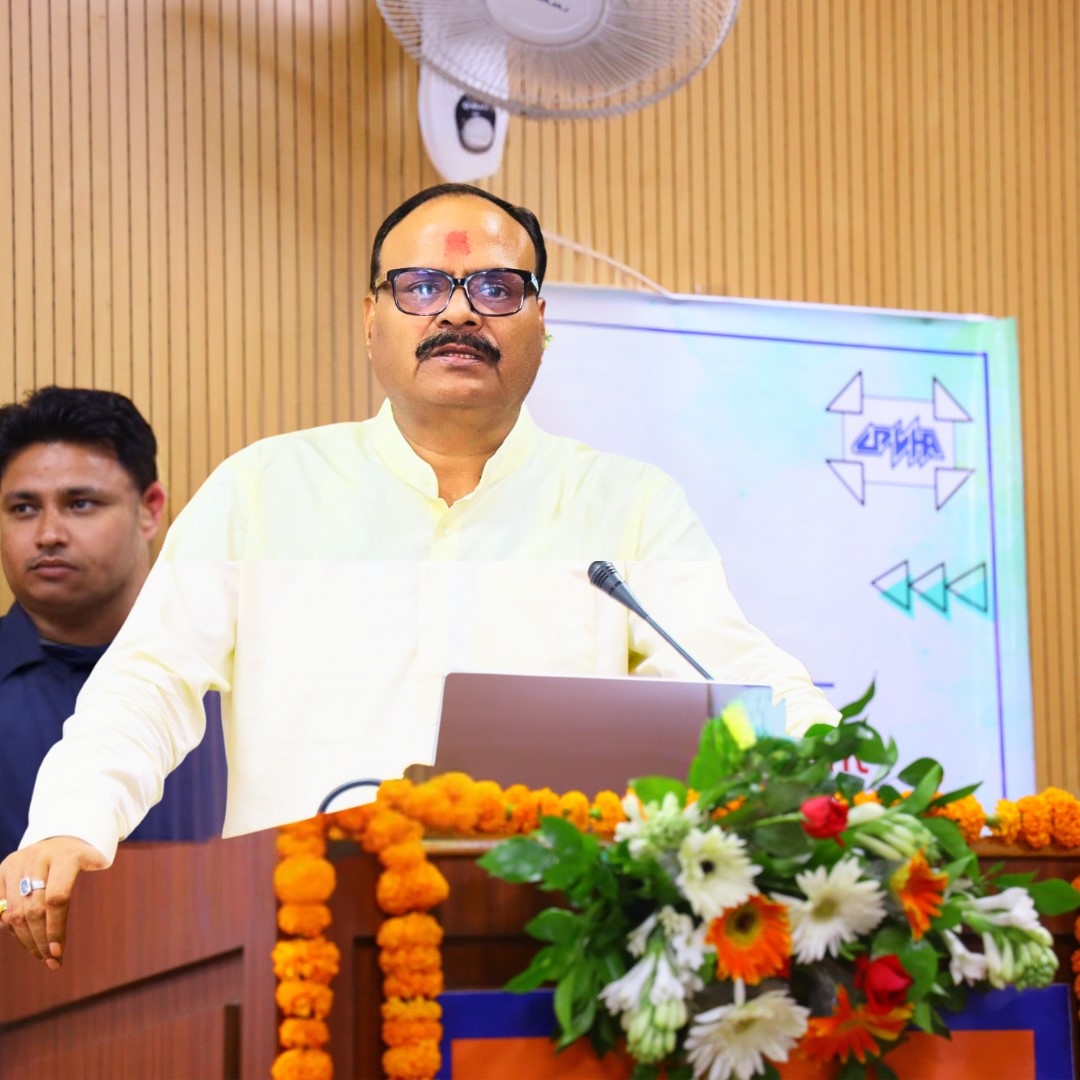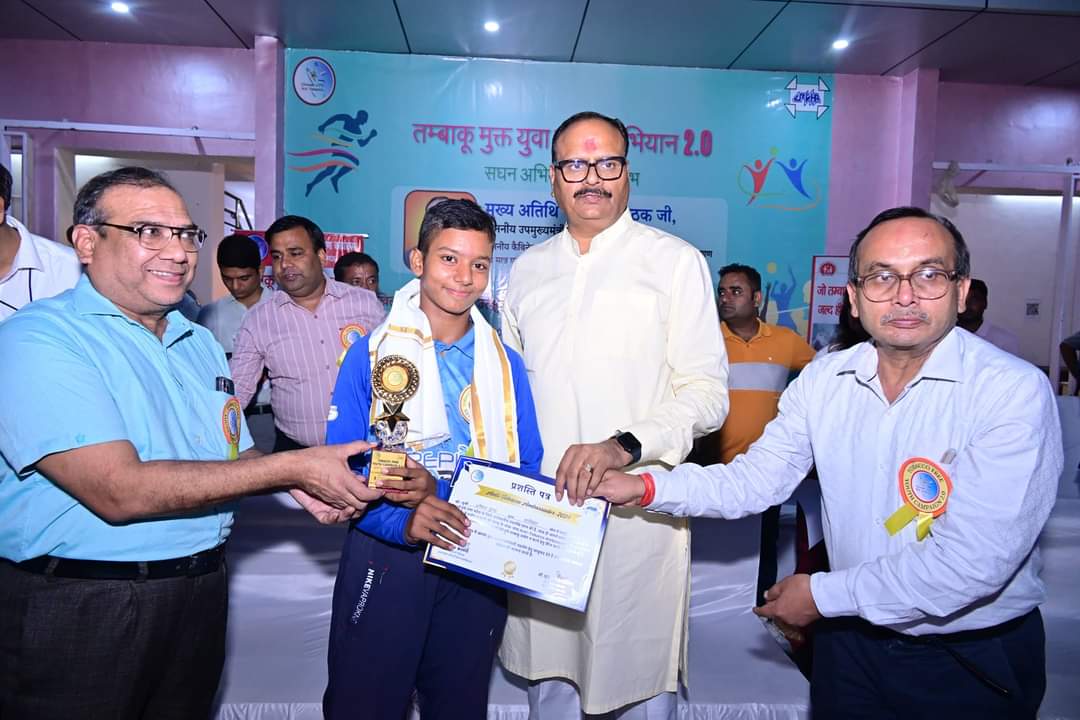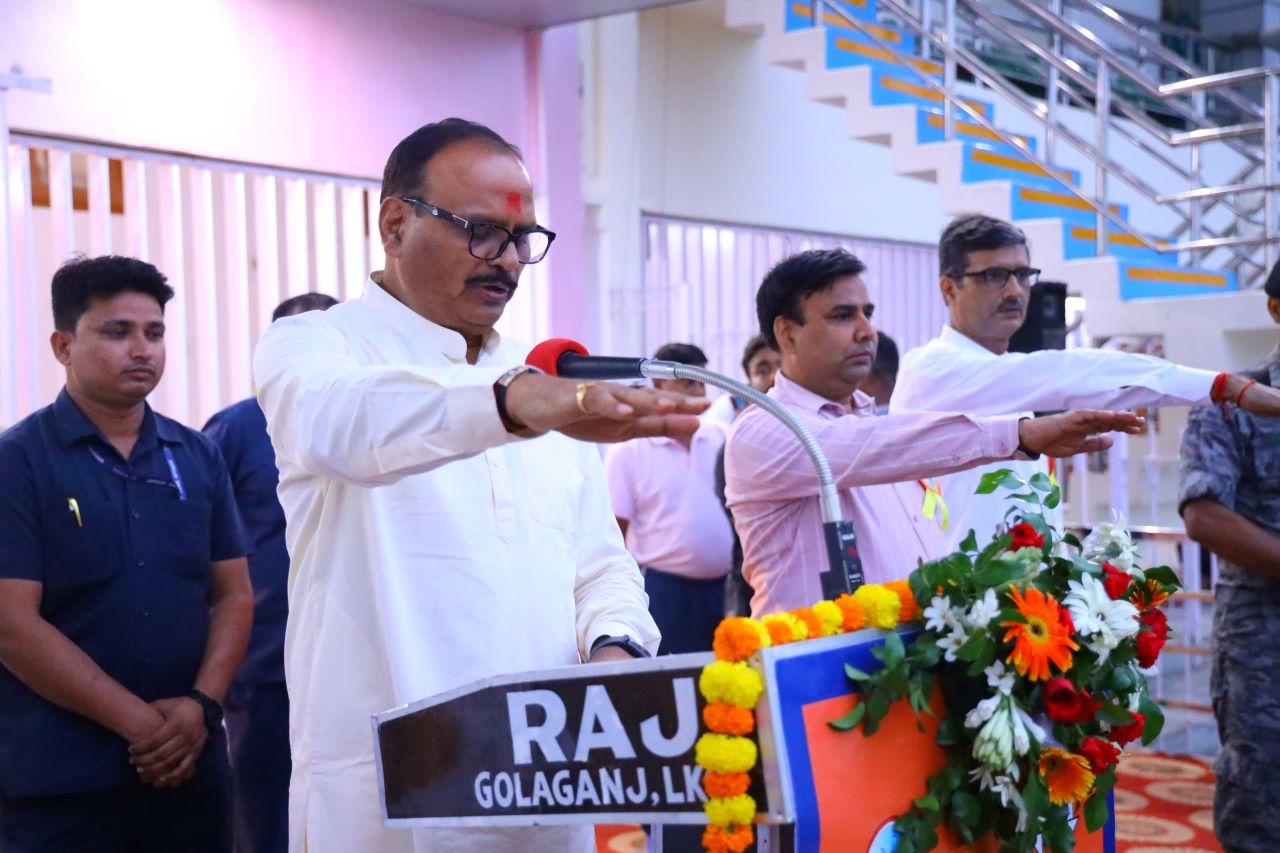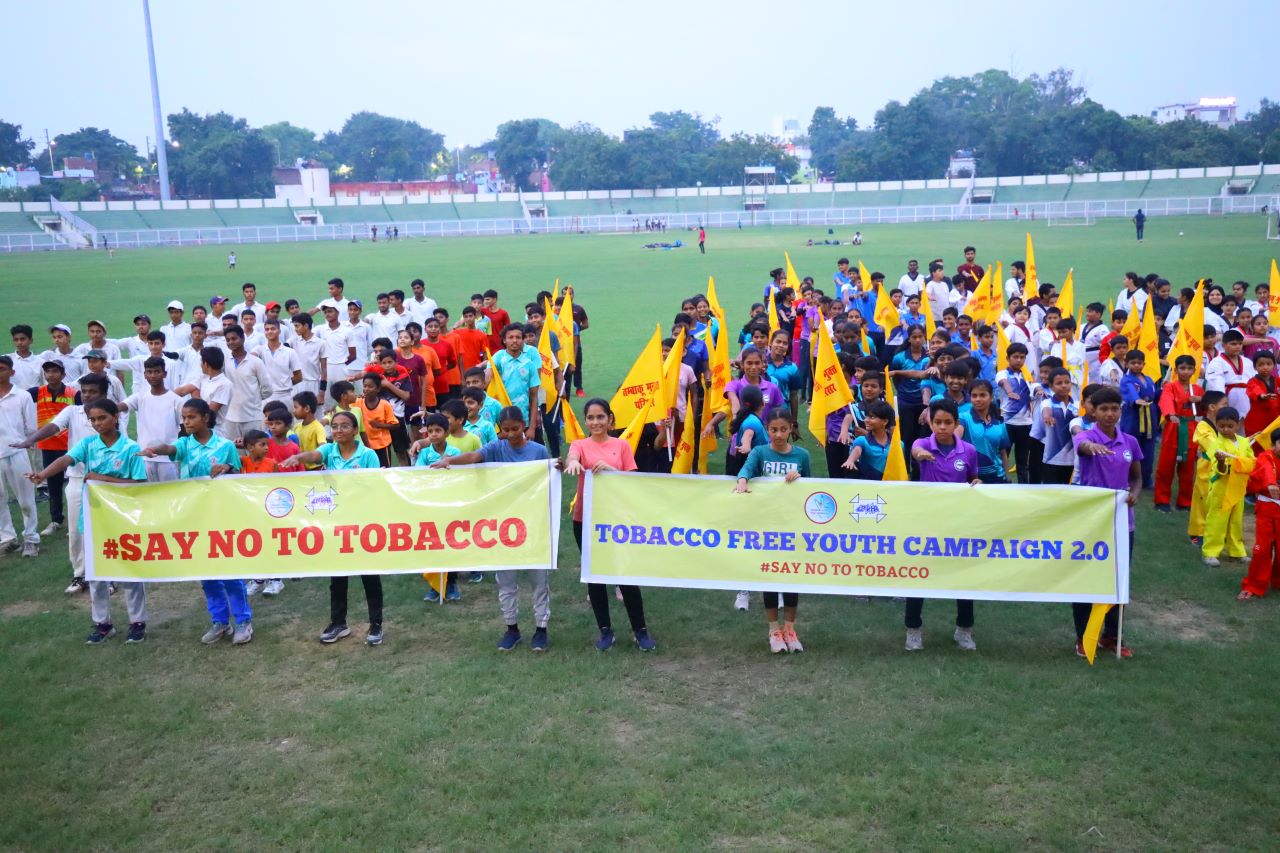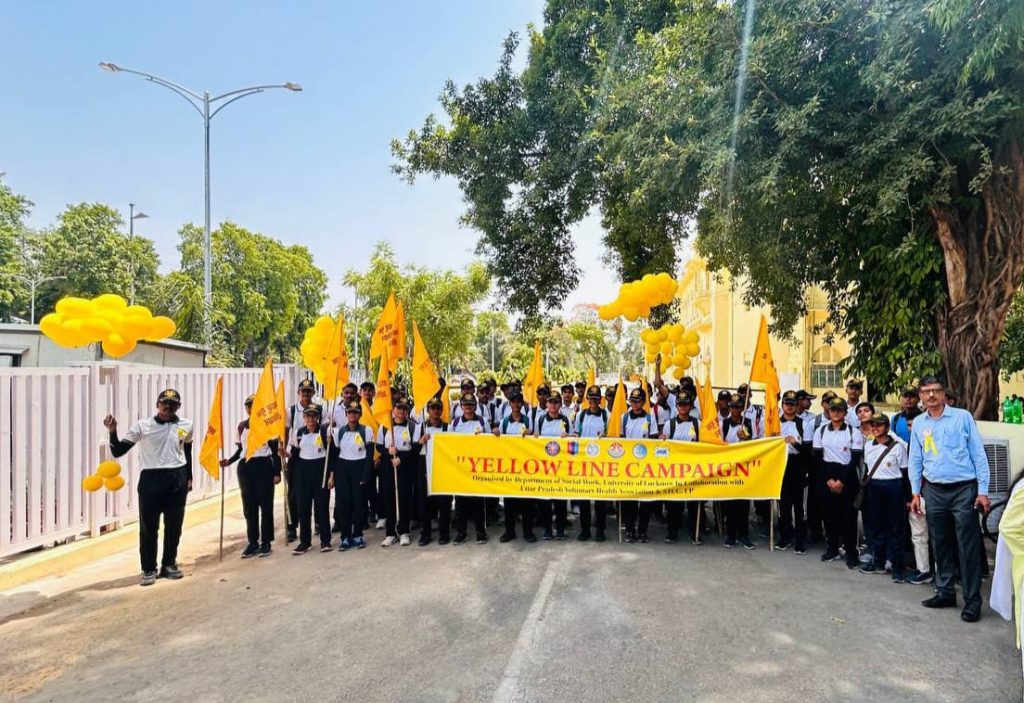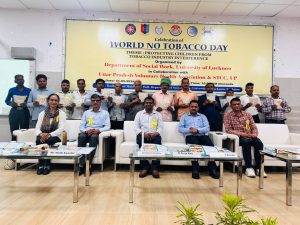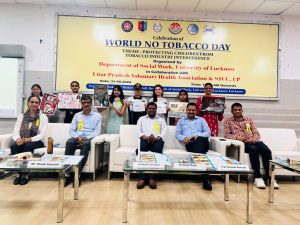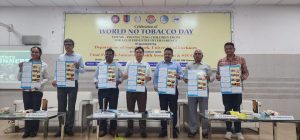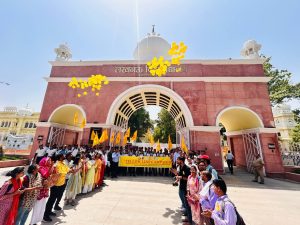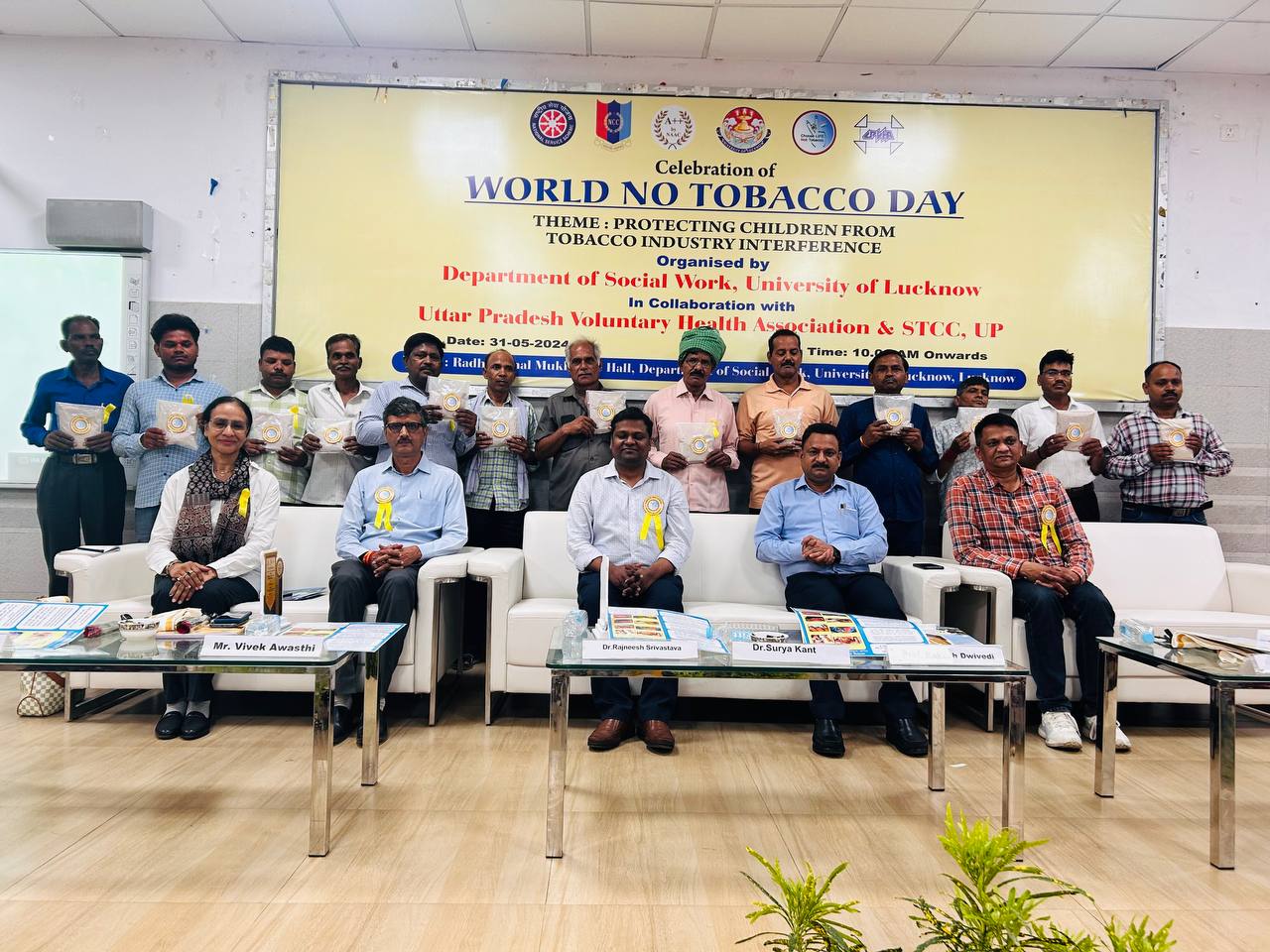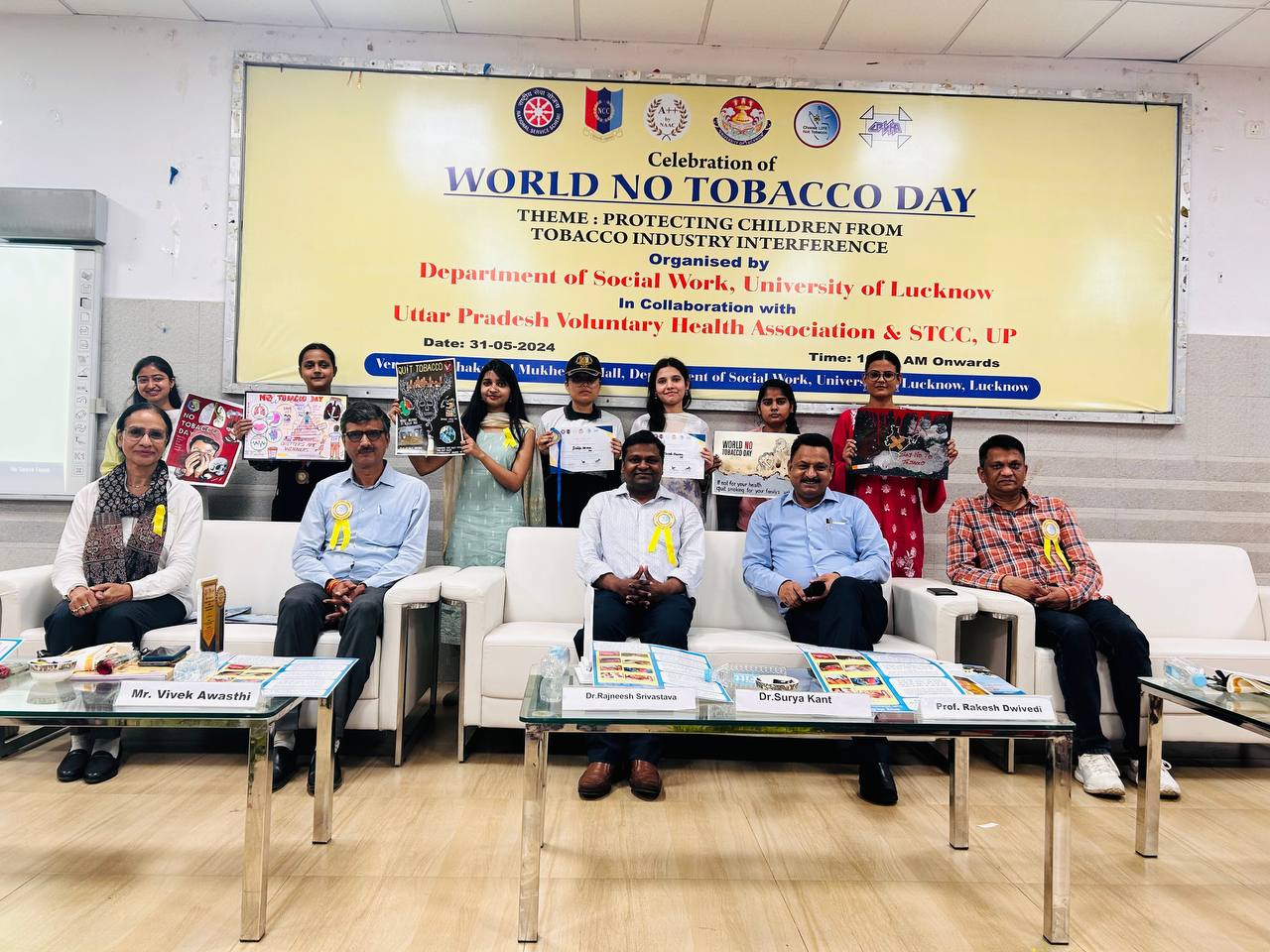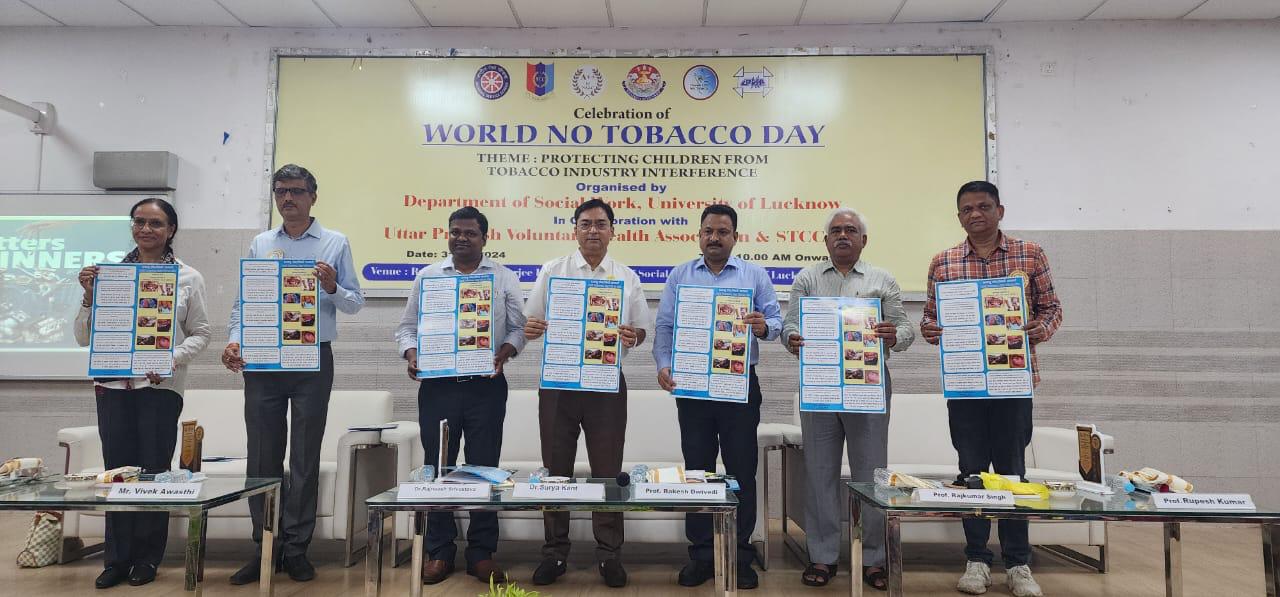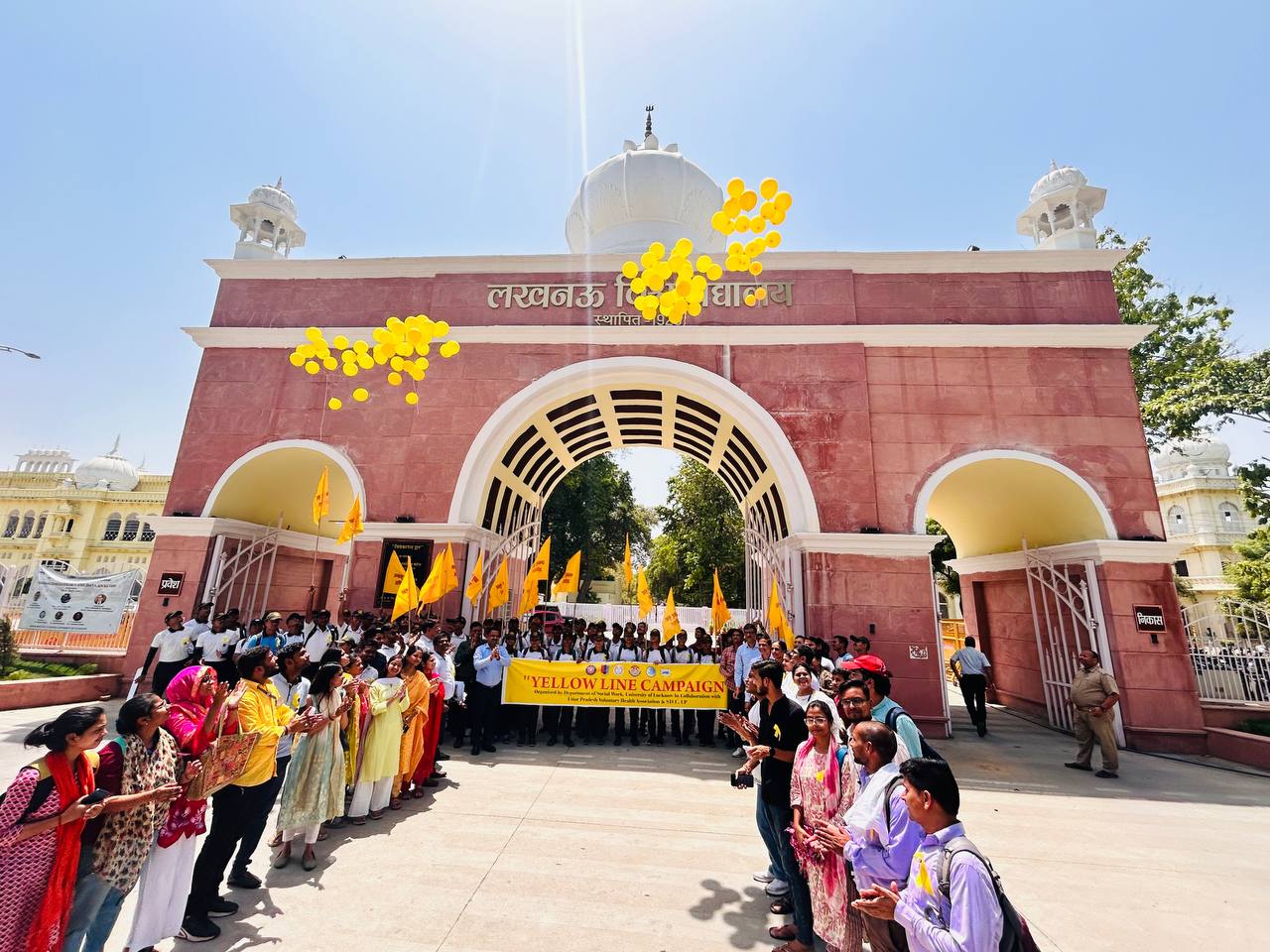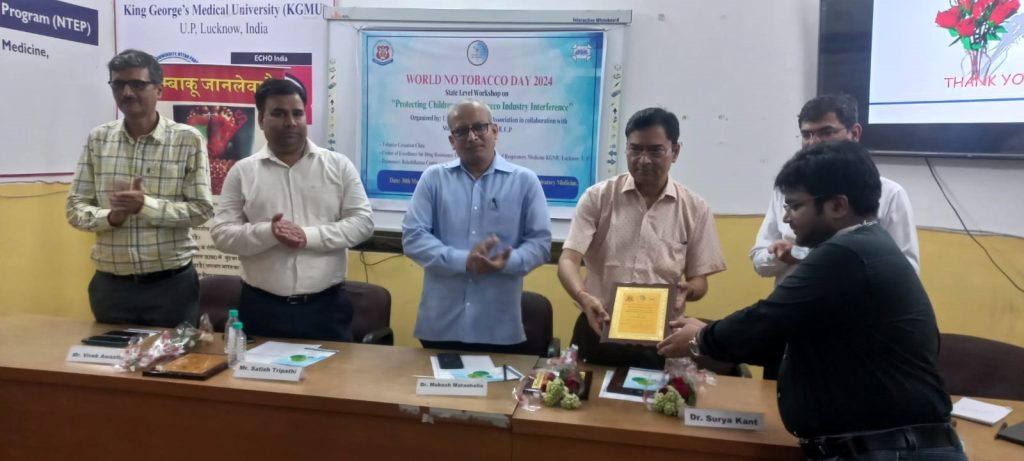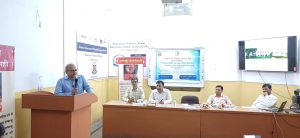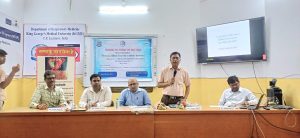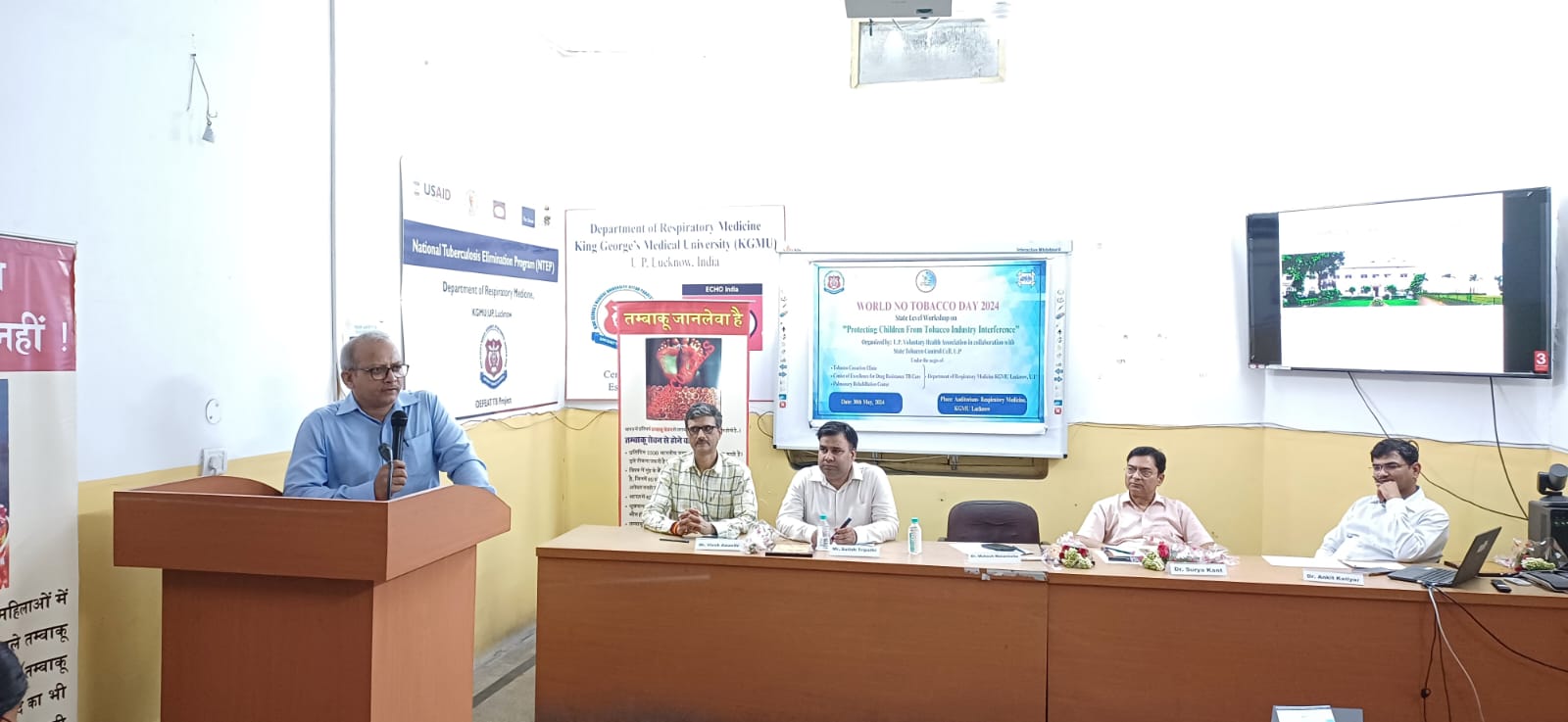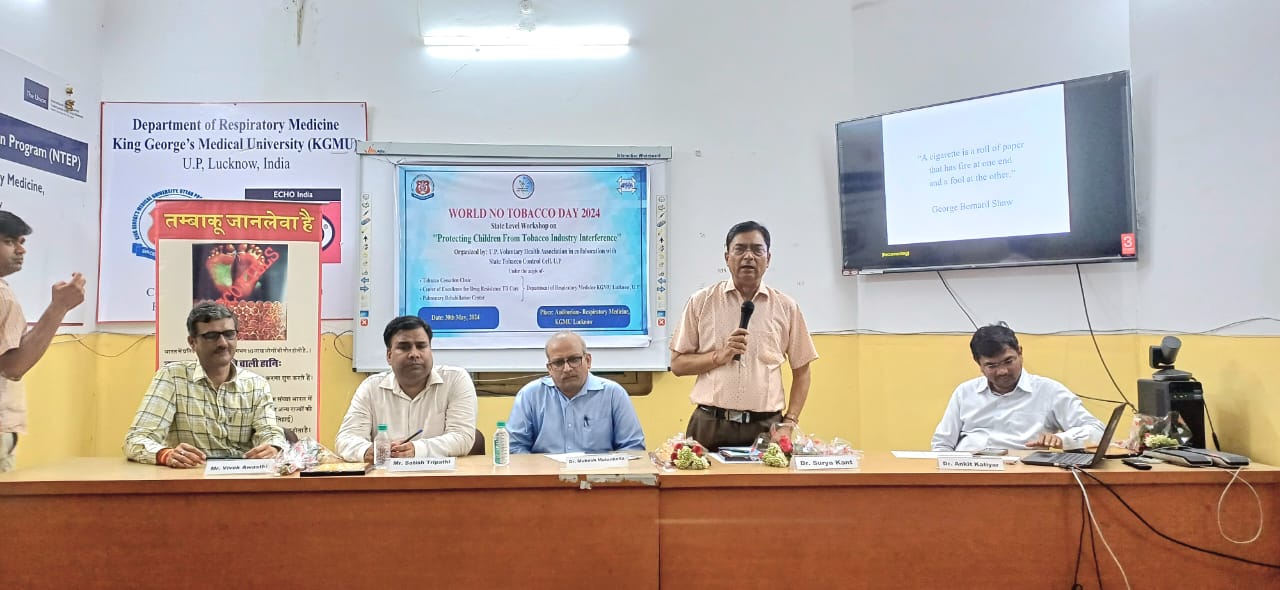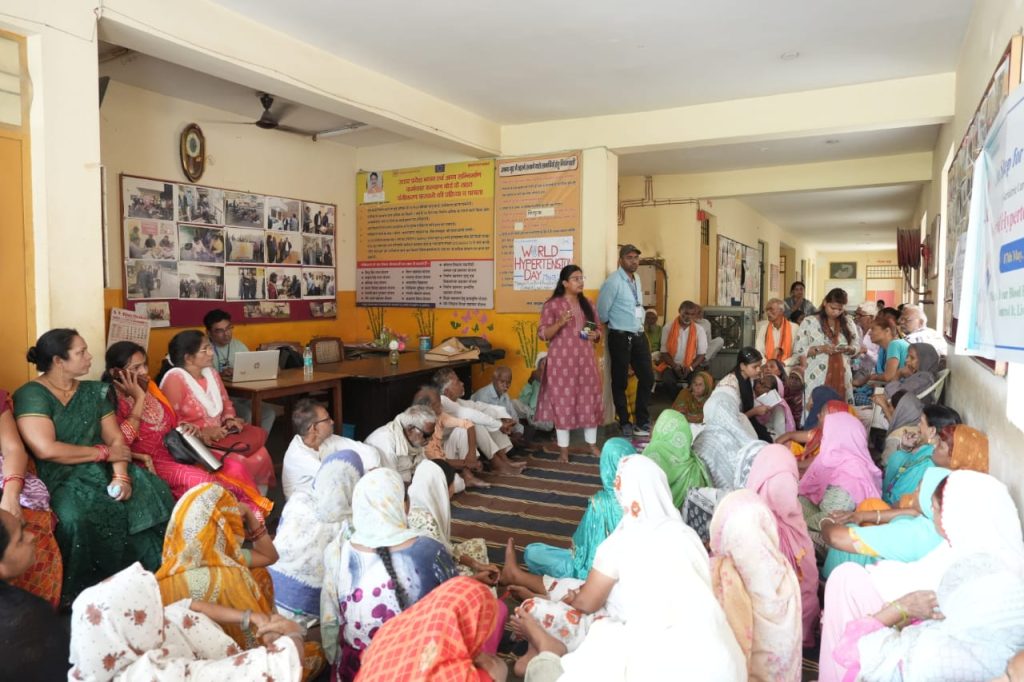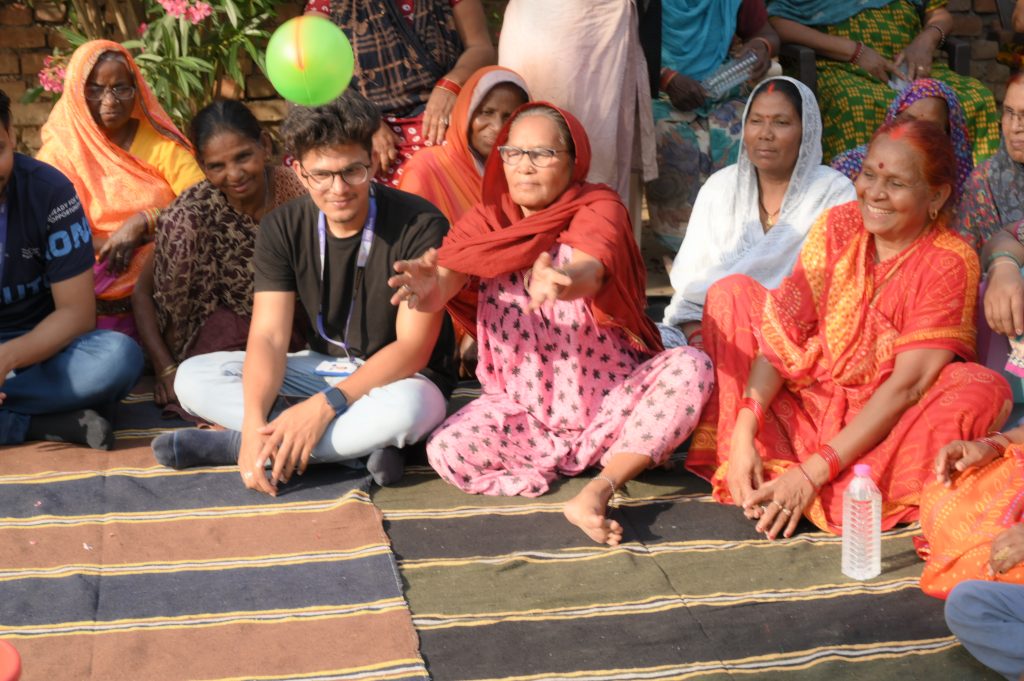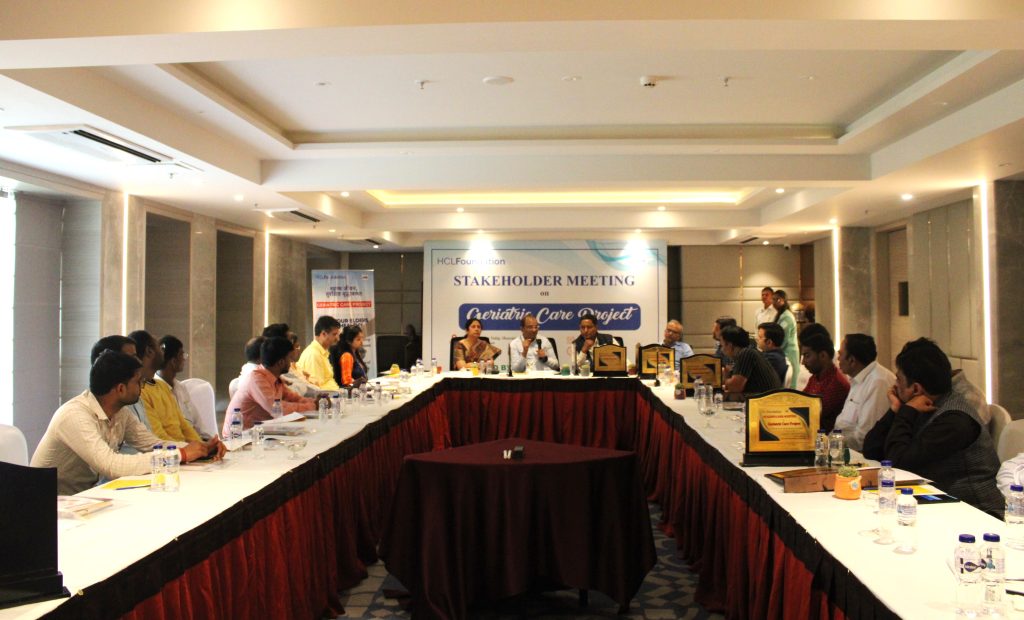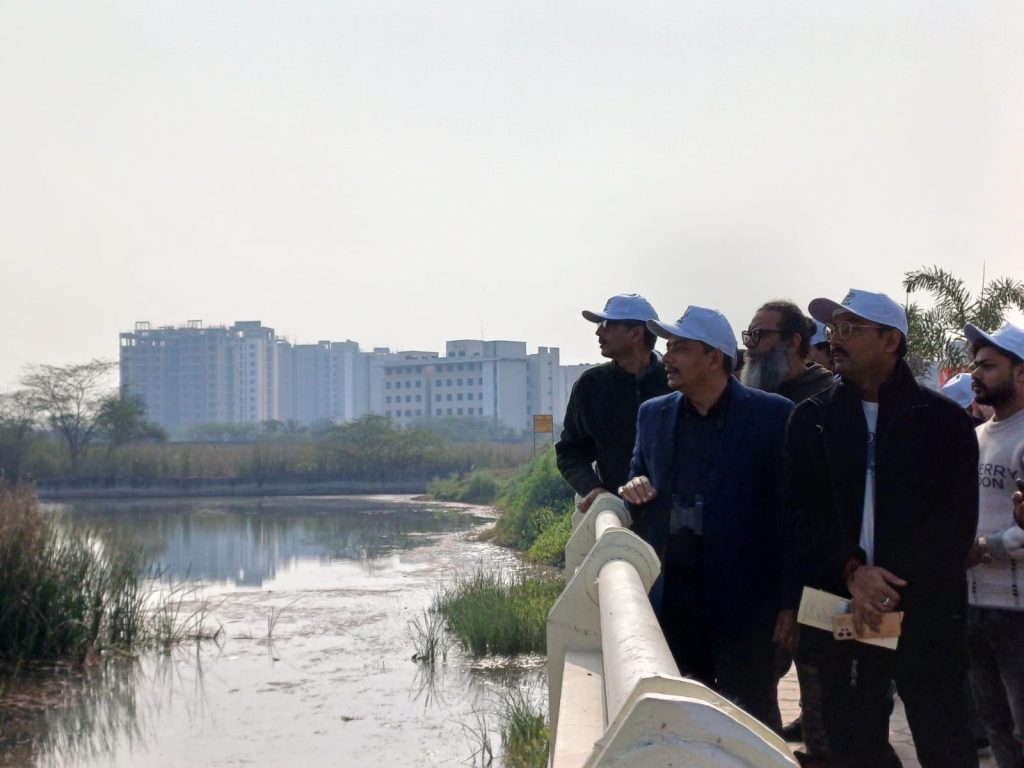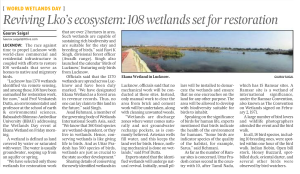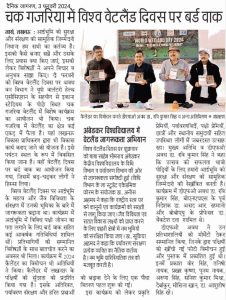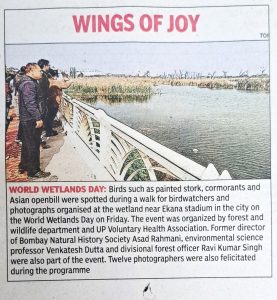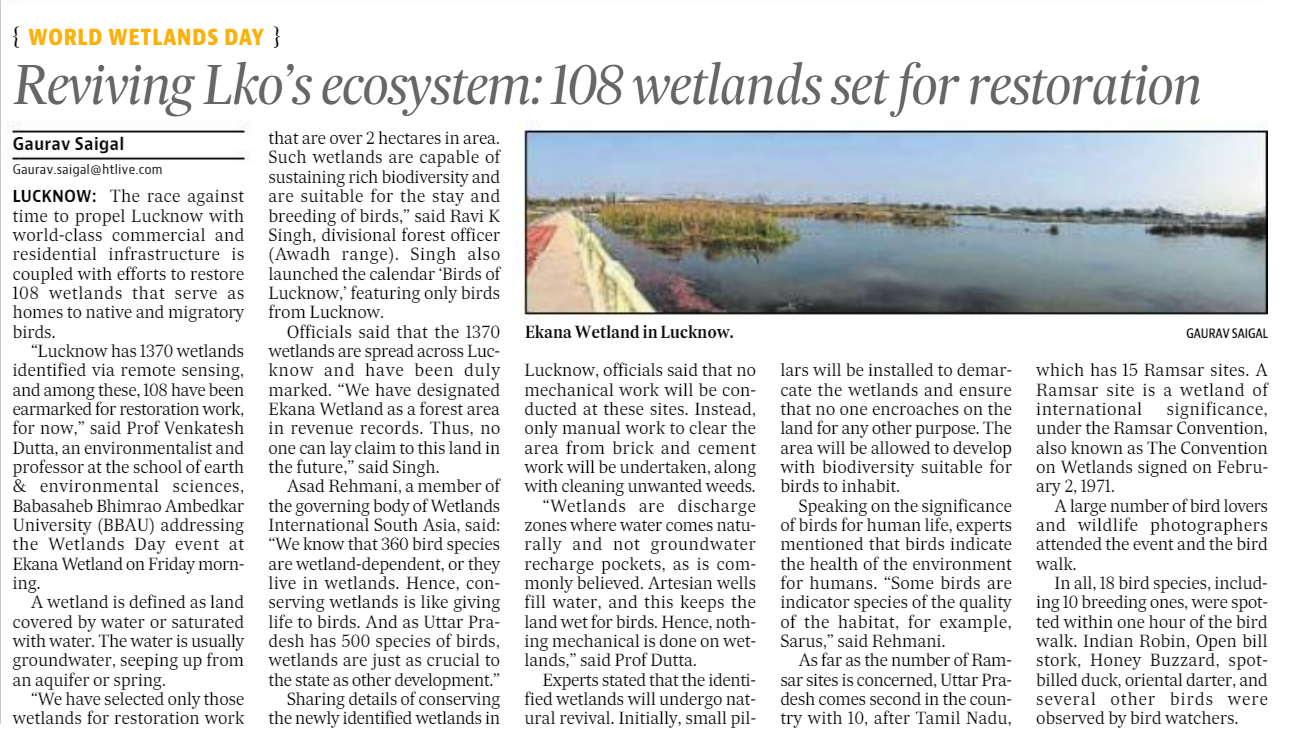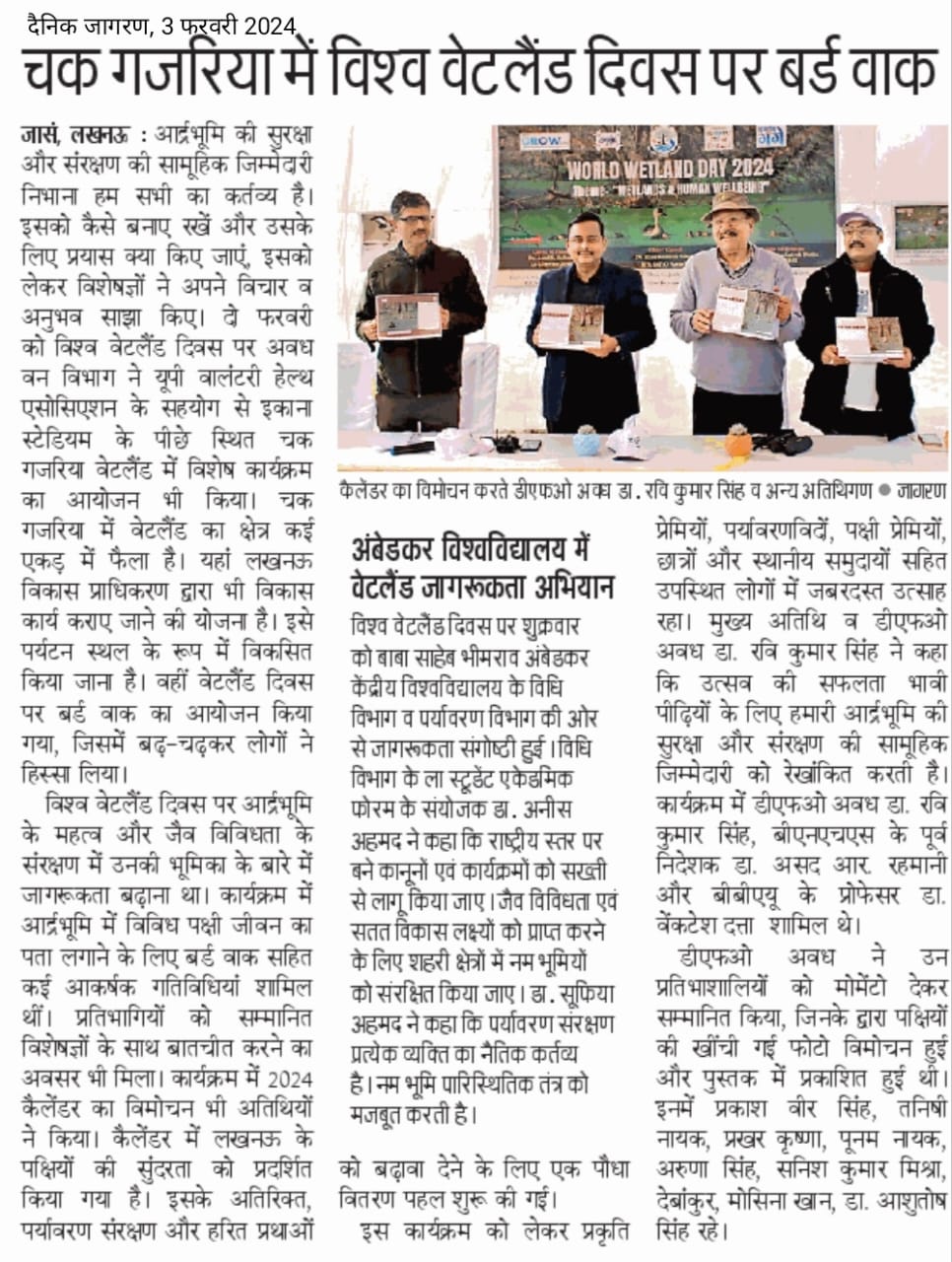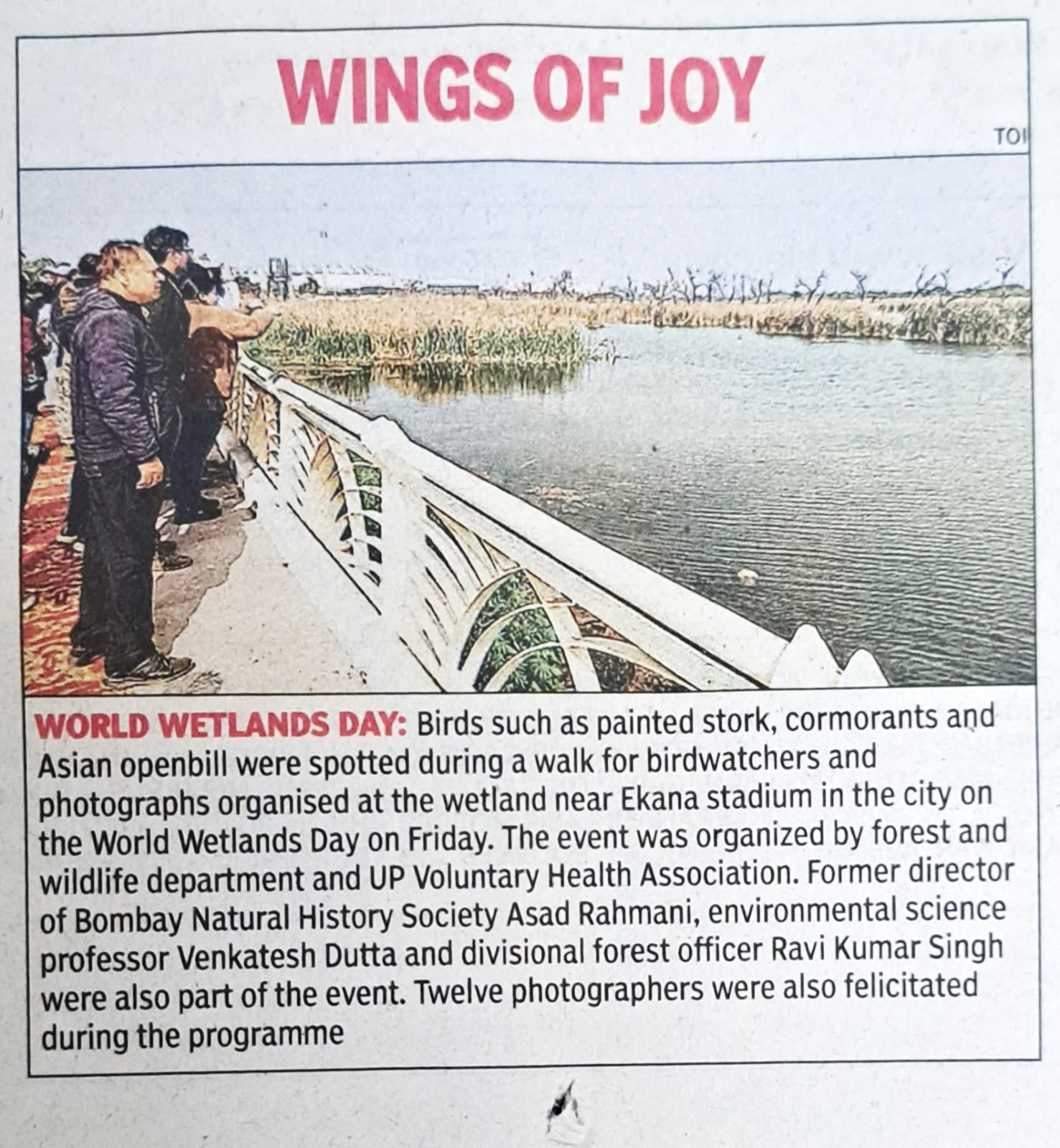The State Level Seminar on the Tobacco Free Youth Campaign 2.0 was held on the 10th of October 2024 at the Meeting Hall of K D Singh Babu Stadium, Lucknow. The event, organized under the National Tobacco Control Programme (NTCP) of Uttar Pradesh, brought together key stakeholders, health officials, and experts to discuss the intensive strategies and objectives of the newly launched phase of the Tobacco Free Youth Campaign.
The seminar began with registration, managed by the UPVHA Team, followed by a formal welcome where Mr. Vivek Awasthi, Executive Director of UPVHA, addressed the audience. He introduced the purpose and scope of Tobacco Free Youth Campaign 2.0, emphasizing the need to engage the youth in the fight against tobacco consumption and its harmful effects on public health.
Dignitaries and Special Guests
The event was graced by several distinguished personalities, including:
- Mr. Brajesh Pathak, Honorable Deputy Chief Minister and Cabinet Minister, Medical Health and Family Welfare and Medical Education, Uttar Pradesh
- Dr. Brijesh Rathor, Director General Medical and Health Services, Uttar Pradesh
- Dr. Narendra Agrawal, Director General Family Welfare
- Dr. B P Singh Kalyani, Director Health
These experts played a pivotal role in discussing the importance of tobacco control and provided insights into the challenges faced in curbing tobacco consumption among youth in Uttar Pradesh.
Launch of the Intensive Tobacco Free Youth Campaign 2.0
The highlight of the seminar was the official launch of the Tobacco Free Youth Campaign 2.0 by Shri Brajesh Pathak, Honorable Deputy Chief Minister of Uttar Pradesh. Along with this, two significant resources were unveiled:
- Tobacco Free Village Manual
- Health Workers Guide
These documents were released by Shri Pathak ji and other dignitaries present, aimed at guiding local communities and healthcare workers in fostering a tobacco-free environment across villages and urban areas.
Mr. Brajesh Pathak, Honorable Deputy Chief Minister of Uttar Pradesh, delivered an impactful speech, addressing the grave issue of tobacco consumption. He stated:
“Tobacco is a curse on our society. Despite numerous rules and widespread awareness, we have not yet been able to eradicate it. Tobacco is a deadly addiction. People start using it under the influence of others and soon become dependent on it. Over time, their bodies become vulnerable to various diseases, such as cancer. I urge the youth to stay away from this harmful substance. Work hard, make your parents, your state, and the nation proud.
“We must implement tobacco control guidelines more effectively. Let’s create tobacco-free villages, tobacco-free neighbourhoods, and even tobacco-free cities. In closing, I extend my congratulations to everyone for the success of this important event.”
Then further, the event transitioned into an outdoor session where the focus shifted to youth engagement and anti-tobacco pledge.
Mr. Satish Tripathi, State Consultant for NTCP UP, welcomed the Chief Guest and dignitaries to the outdoor session. The attendees took a No Tobacco Pledge, reaffirming their commitment to maintaining a tobacco-free lifestyle and promoting the message to their communities.
A special segment of the event recognized 11 National Achievers in Sports as Anti-Tobacco Ambassadors. Shri Brajesh Pathak felicitated these athletes, honoring their commitment to excellence and promoting healthy, tobacco-free lifestyles.
The event concluded with a vote of thanks delivered by Dr. Mukesh Matanhelia, thanking all participants and dignitaries for their support and presence at this significant event.
The seminar proved to be a crucial step toward amplifying the Tobacco Free Youth Campaign, raising awareness, and engaging key stakeholders in making Uttar Pradesh a tobacco-free state. The launch of the campaign, combined with the resources provided, set the foundation for a sustainable movement targeting the younger generation to lead a healthier, tobacco-free life.
